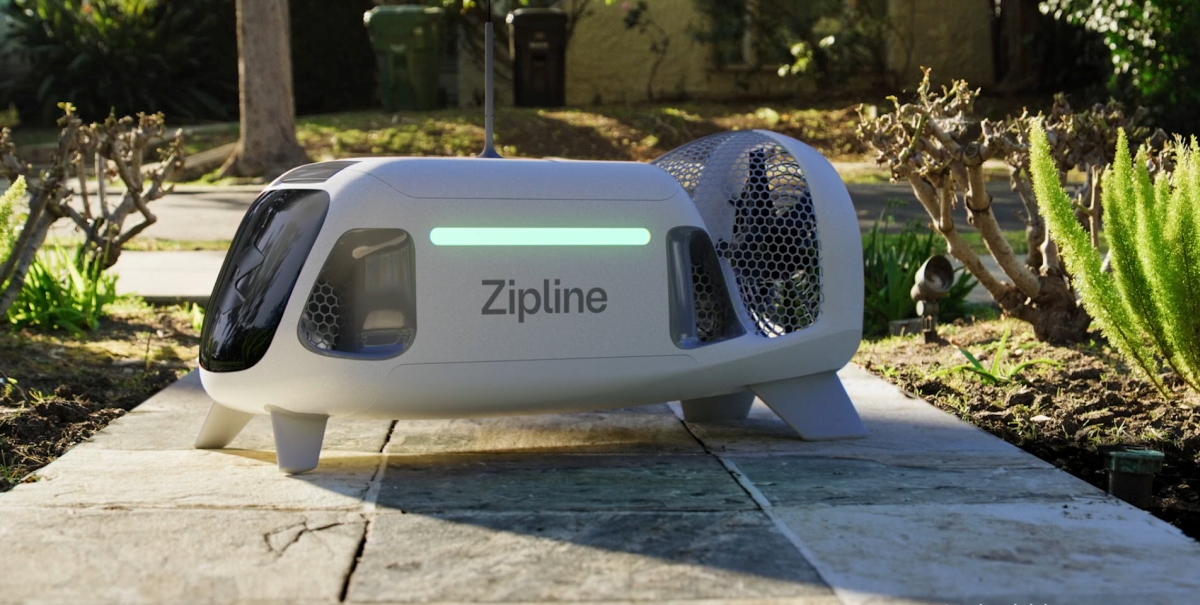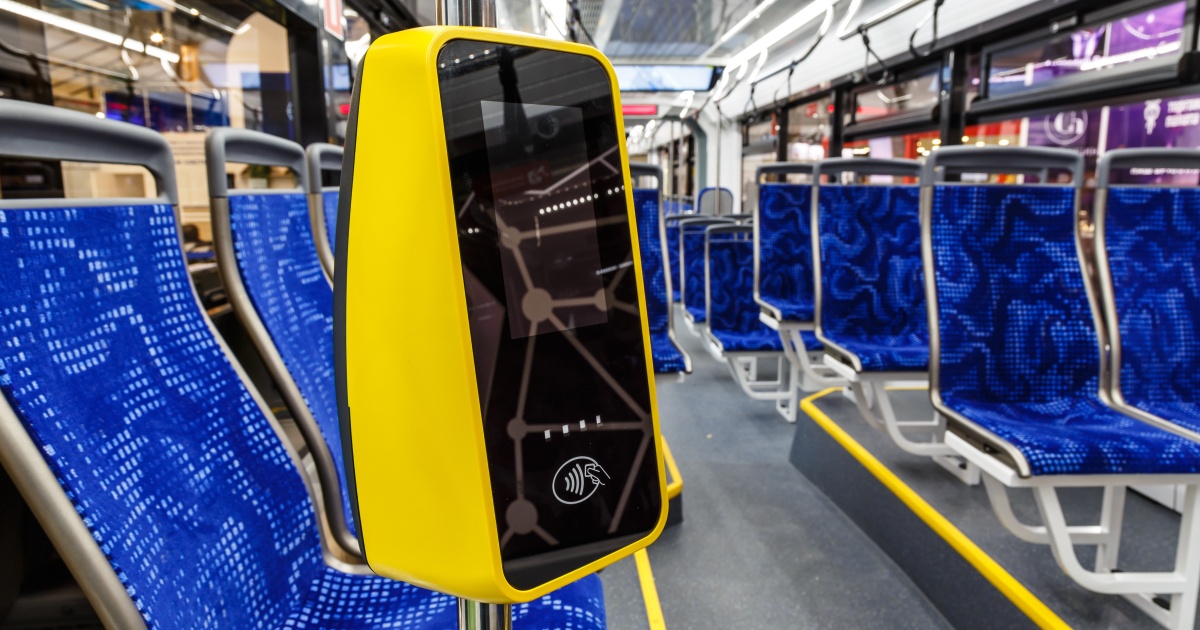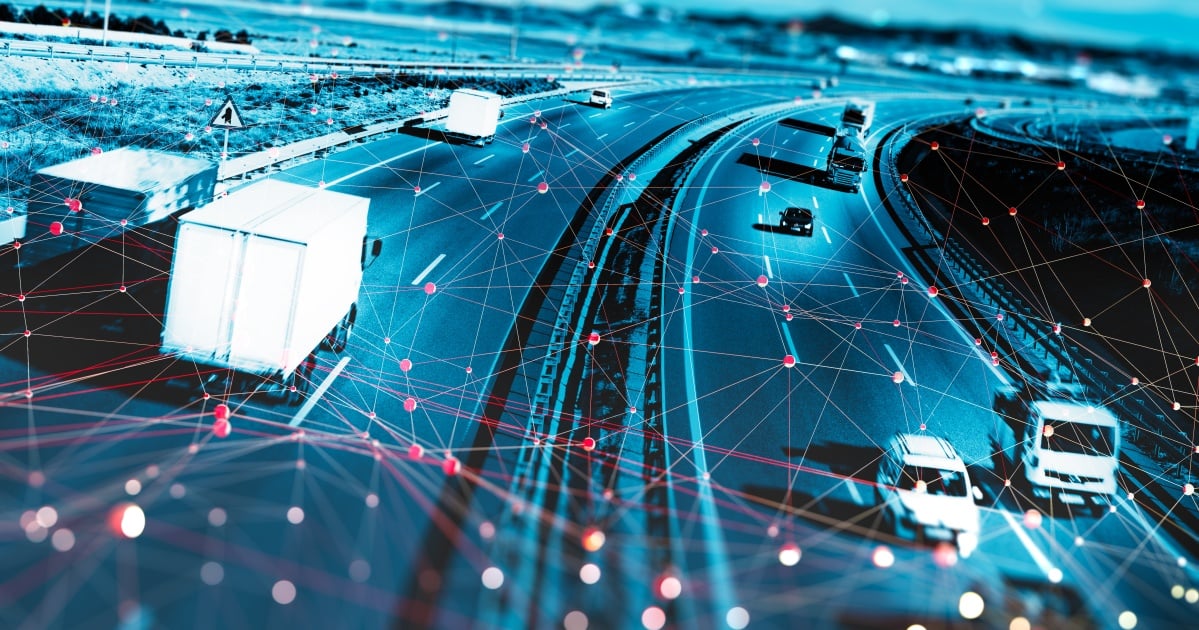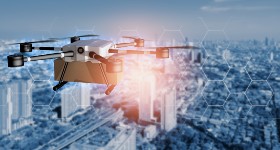
Homes, mobile devices, cars are all becoming smarter. In practical terms, that means they’re joining the Internet of Things (IoT), an interwoven network of web-enabled devices that give us the power to make data-driven decisions about how we live, work, and connect.
As eCommerce continues to reshape the market, logistics capabilities are more crucial than ever for getting products to the customer intact and on time. And, as commerce gets smarter and expands into more channels, supply chains are turning to IoT-based smart solutions.
Supply Chain Applications for IoT Devices
Here are a few of the most common applications currently on the market:
- Smart shelving that automatically detects stock levels
- Smart thermometers and thermostats
- Smart vehicles and equipment
- Smart EDI systems that automatically verify credentials such as surety bonds and manage paperwork
- Smart building automation systems
- Robotic automation
Determining Your IoT Use Cases
Every business’s supply chain IoT will look somewhat different. Each organization has its own needs that will affect the way that it implements IoT technology. Think about the following questions when considering where to implement IoT in your supply chain:
- Where does your supply chain need faster and more accurate data collection?
- Are there outdated technologies in your supply chain?
- Which data metrics are most relevant to your demand forecasting?
- Which specific geographic and logistics factors will affect your supply chain?
Implementing Supply Chain IoT
Like most technologies, the results that IoT generates for a business depend on its quality of implementation. The first step is to consult your IT department about which parts of your network are suitable for IoT enhancement and how it can be successfully executed. It’s crucial to have buy-in from the teams that will be responsible for implementing IoT solutions and to listen to their input on how to achieve key goals. Your implementation process should also include an assessment of all of the following:
- Comprehensive requirements documentation
- A thorough comparison of all available models of the IoT technology you’re considering
- Decision structures for long term planning and real-time reactivity
- An outline of the development process for prototyping, testing, and implementation
- Strategies for implementing machine learning and AI
Securing Your Supply Chain IoT
When properly secured, IoT devices are just as secure as tablets or laptop computers. The problem for applications with numerous small IoT devices is that it can be easy to miss a handful of them with software updates or password changes—and those few small openings can be all an intruder needs to gain access to a network.
Some key best practices of IoT security recommended by experts include:
- Keep an inventory of all IoT device endpoints and know their security status.
- Check that IoT devices aren’t using default passwords and change passwords regularly.
- Perform penetration and stress testing on your IoT network
- Use the latest end-to-end encryption technology on all IoT device traffic
- Use identity-level authentication
As 21st-century commerce expands into new channels and becomes more integrated with our daily lives, IoT technology will continue to make supply chains smarter and more responsive. Now is the ideal time for businesses to investigate the options for IoT supply chain enhancements and decide which ones fit their needs best.
About the Author: Mark Broadly is a Journalism Major and Spanish Minor at NYU. After graduation, he plans to seek a career as a writer and eventually publish his own novel. In his spare time, he loves freelance blogging, hip-hop dance, fashion, and exploring NYC.
Edited by
Ken Briodagh





